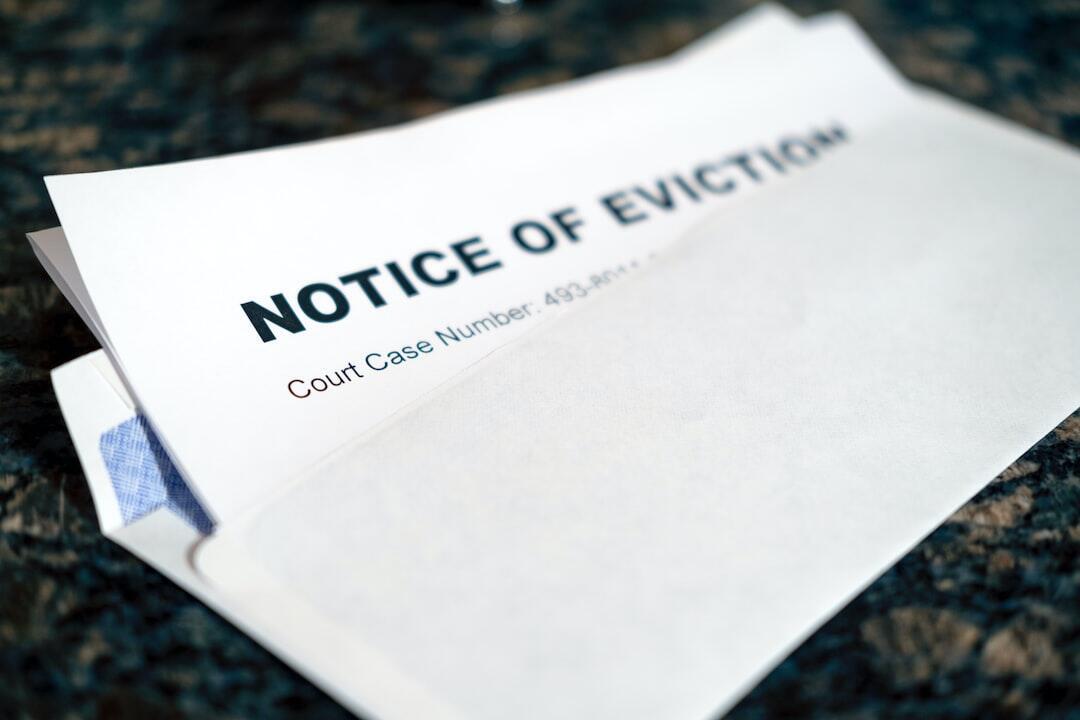It starts small. A tenant sends a message to ask for an extra day to pay the rent. But soon, it escalates. You inspect the property only to find damage. And now your tenant is several months behind with their payments.
It's easy to feel helpless when faced with such a scenario, especially when the news is filled with stories of bad tenants who outstayed their welcome. But does eviction protection leave you exposed?
The short answer is no, and this guide will explain exactly how to protect your real estate investment.
Idaho Law on Evictions
Boise operates under Idaho law, which includes specific regulations on tenant rights.
Your starting point for handling any eviction process is to read up on the latest legal stipulations for the state. If you don't, the tenant can use this as their defense.
The most important thing to note is that you can only evict for specific reasons, and your reasons must be fair.
Typical grounds for evictions include non-payment of rent, property damage, and lease violations. However, laws change, so make sure you stay up to date with any revisions.
Issuing a Notice of Eviction
One way tenants protect themselves from eviction is if the landlord doesn't follow due procedure when issuing an eviction notice. So you must get it right.
Notices should always be formal and written, and the specific violation should be outlined. Always offer tenants time to remedy the issue and clarify what they must do to resolve it.
State law also outlines rules about eviction notices and timescales. For example, if you are evicting due to non-payment of rent, you must give at least three days' notice.
Tenant Rights During an Eviction
The tenant must leave the property after you have issued an eviction notice and the timescales have expired.
However, since the tenant has the right to remedy the situation, you need to ensure you take the time to check any violation before proceeding.
Tenants can also challenge the eviction in court, where they will present their case, and you will present yours. If that happens, provide plenty of evidence to support your side. For example, take photographs of property damage.
Tenants can also challenge the eviction if they feel the property is uninhabitable or if they think you have evicted them due to discrimination or retaliation. That's why you must always follow proper procedures and document every step.
After an eviction, tenants have additional rights you must respect. For example, you must return any belongings to them and any security deposit that's due.
Eviction Protection: What It Means for Landlords
As a landlord, there is nothing to fear about eviction protection. Laws may be there to protect tenants' rights in the home, but as long as you follow the correct procedures, you can evict a troublesome tenant from your property.
At 1st Rate Property Management, we have over 30 years of experience in real estate, and no one knows the Boise market like our team. Visit our services page to discover how we can help support your real estate goals.

